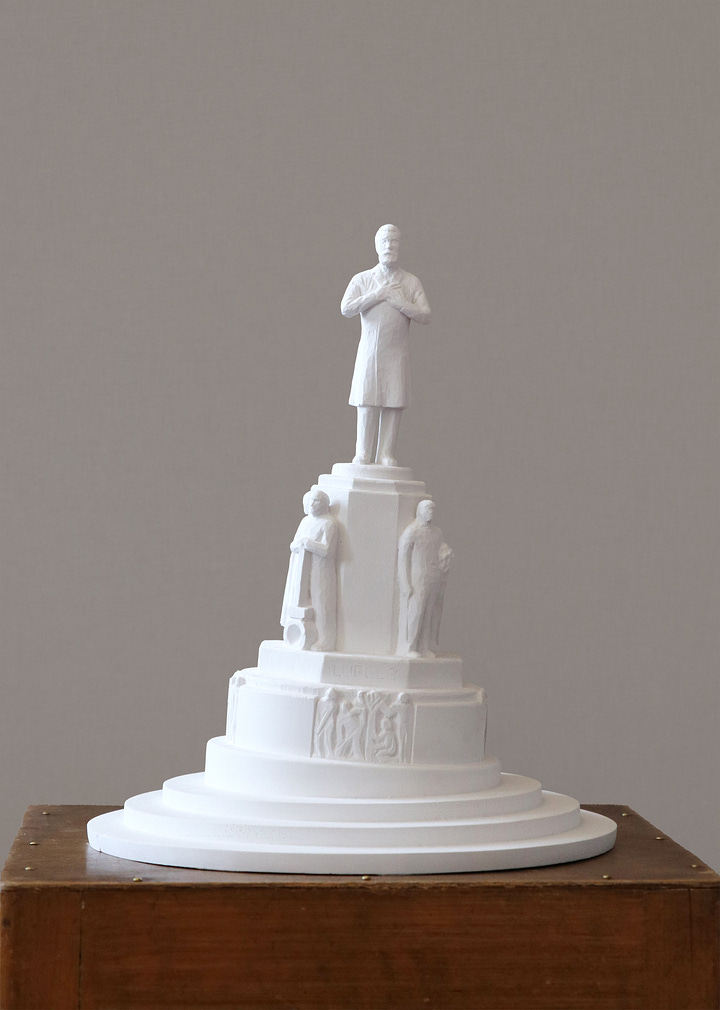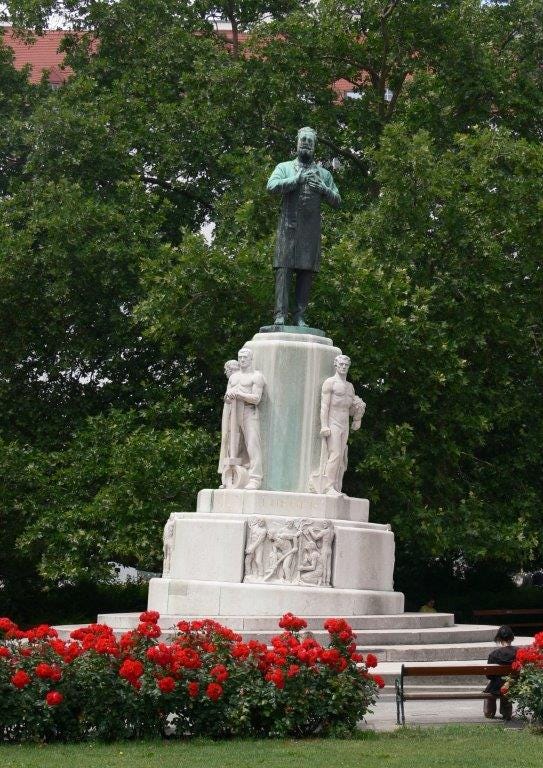Arise, Arise
The Social Democratic Party's new leader Andreas Babler has an enormous challenge ahead of him if he is to build a majority for a traffic light coalition

Servus!
And welcome back. Division is in the nature of politics, Christopher Hitchens used to say, and Andreas Babler’s victory in the Social Democratic Party (SPÖ)’s leadership contest earlier this month has served to clarify the split between left and right in Austrian politics. Rather than tack towards the center—or indeed the right—in order to win back voters who’ve left social democracy for the far-right in recent decades, as Hans Peter Doskozil planned to do, Babler’s SPÖ will present voters with a clear alternative to both the Freedom Party (FPÖ) and the conservative People’s Party (ÖVP).
Since June’s extraordinary party conference and the debacle that followed, Babler has been at work assembling his leadership team. Babler, who sits in the upper house of the Austrian parliament, will lead the SPÖ parliamentary party, although Philip Kucher, an MP in the lower house perceived as being close to Doskozil, will deal with the day-to-day formalities. Julia Herr, who comes out of the Austrian Socialist Youth movement, and Eva Maria Holzleitner, leader of the SPÖ’s women’s organization, will serve as Babler and Kucher’s deputies.
Herr and Holzleitner’s promotions are a nod to the party’s future and its base. Herr, moreover, was an early supporter of Babler in the leadership contest, and the particular make-up of the leadership team reads as an attempt to balance interests within the party. In an interview with the Presse this weekend, Herr was opposed to a coalition with the ÖVP in its current form due to the corruption allegations parliament has spent its current term investigating. Herr’s words echo Babler’s strategy: full steam ahead towards an alternative to an ÖVP-FPÖ coalition, namely a traffic light coalition with the Greens and liberal NEOS.
Building such a coalition, however, will be an uphill challenge. Just look at this month’s Unique Research/profil poll, in which an FPÖ-ÖVP coalition has a clear majority (54 percent). In the wake of the SPÖ’s leadership contest, the FPÖ is now polling at 30 percent, ahead of the ÖVP on 24 percent and the SPÖ on 20 percent. The traffic light coalition’s vote share only amounts to 40 percent—in no small part because the Communist Party (KPÖ) are polling at 5 percent, thus acting as a spoiler. Babler, then, is starting on the back foot, with his party at a low ebb and his desired coalition in the minority.
But his problems are not merely numerical. If Babler succeeds in taking the SPÖ further to the left, he will have created greater distance not only between himself and his opponents but also his prospective allies, in particular the NEOS, who are skeptical about Babler to say the least. It’s certainly true that the SPÖ, Greens, and NEOS are as one on social issues, but this belies the fact that one could drive a truck between Babler’s Marxist-influenced worldview and the NEOS’ economic neoliberalism, to say nothing of their seemingly divergent views on Europe.
As I said in the last edition of the newsletter, Austria does not have a natural left-liberal majority, and the task of building such a government depends on persuading enough conservative voters to lend left-liberal parties their votes—in particular the SPÖ. Babler can take comfort in the fact that old party loyalties are dead, the political system is in flux, and voters are far more likely to change their minds from one election to the next. The ÖVP, moreover, have yet to find a coherent way to respond to Babler, for screaming “North Korea!” whenever Babler launches a policy proposal isn’t going to cut it in the end. Still, Babler has to be able to take advantage of that aforementioned flux, and right now, its main beneficiary is not the SPÖ, but rather the FPÖ.
Bis bald!
Thank you for subscribing to the Vienna Briefing. If you know someone who might be interested in receiving this newsletter, consider sharing it with them today.
The Vienna Briefing is a reader-supported publication. If you would like to support my work, think about sending me a tip via PayPal. Thank you to all contributors.
Suspected Islamists Detained
Security services detained three men suspected of planning an attack on Vienna’s Pride Parade. The men aged 14 to 20 were Austrian citizens of Bosnian and Chechen background and supporters of the Islamic State.
The Leaning Tower Of Lueger


Vienna’s monument to its former mayor, the political antisemite Karl Lueger, will be cleaned up and tipped 3.5 degrees to the right in an act of artistic contextualization. The idea was first proposed in 2010 and will be implemented in 2024.
Russian Denied Asylum
A reservist who fled Russia for Austria has had his asylum application rejected. Conscientious objection does not constitute grounds for asylum, Austrian immigration services determined, adding the Russian military was not committing systematic war crimes in Ukraine.


